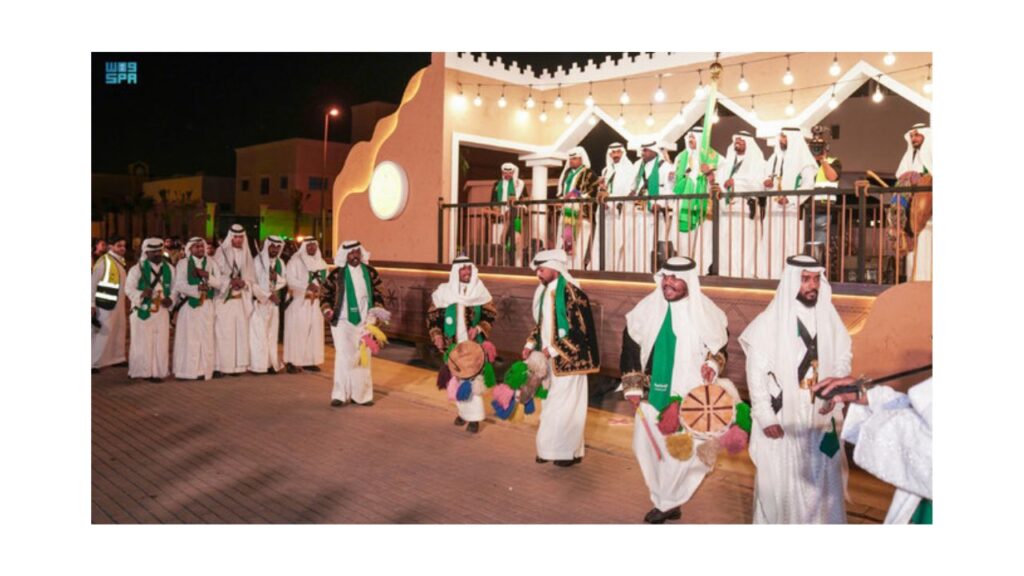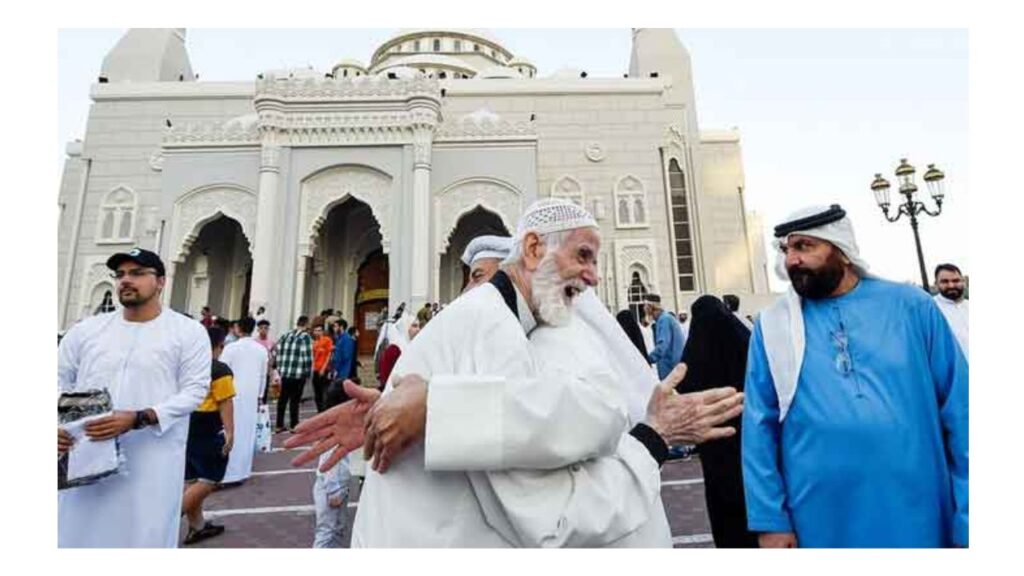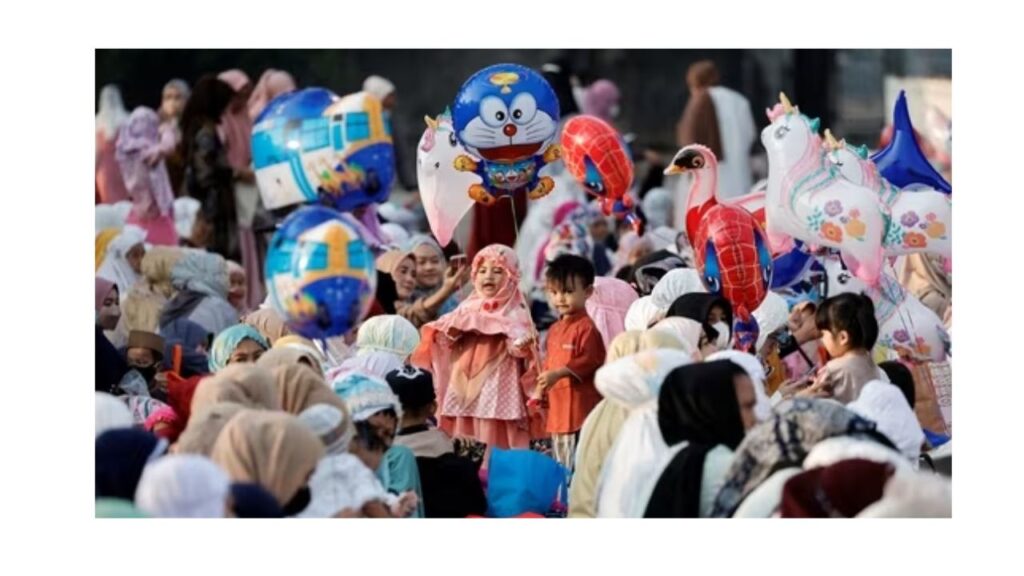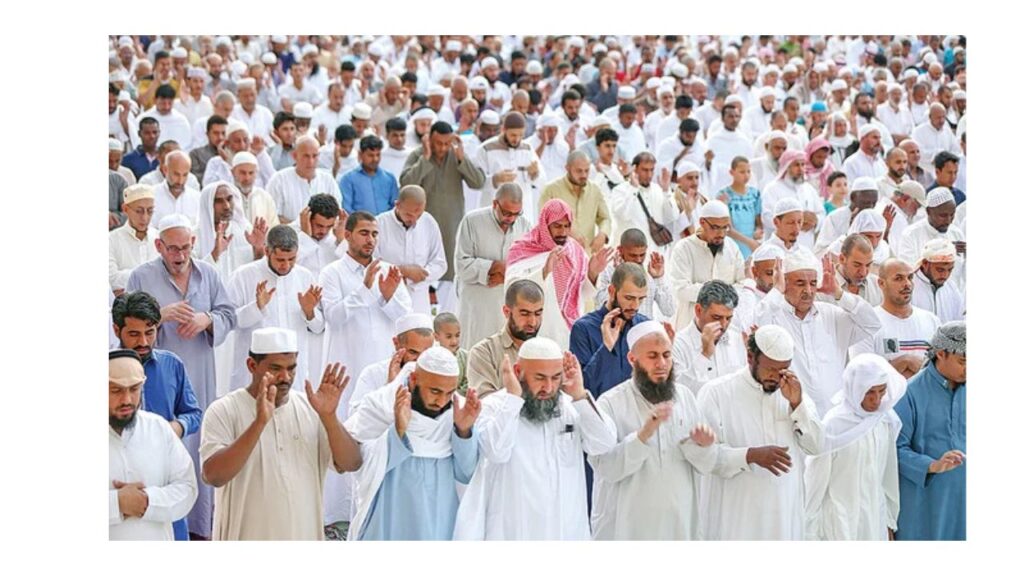Muslims are preparing to celebrate the month of fasting, introspection, and spirituality as Ramadan draws to a close.
This year’s Eid Al-Fitr, which means “the celebration of breaking the fast” in Arabic, is predicted to occur on or around Wednesday, April 10. When the crescent moon, which marks the beginning of the Islamic Hijri calendar month of Shawwal, is spotted, the holiday officially begins.
Muslims fast from sunrise to sunset and dedicate time to prayer and introspection during the month of Ramadan.
What is Eid al-Fitr?
The first day that Muslims resume their normal lives is Eid al-Fitr. In actuality, fasting is not permitted on this day.

“God has given us that one special day for us to celebrate our ability to get through that one month,” Khalid Mozaffar is the American Islamic Association’s director of outreach and communications in Frankfort, Illinois.
What do Muslims do on Eid al-Fitr?
A key component of the event is the Eid prayer. Early on the first day of Eid, Muslims will gather at their local mosques to offer this prayer.
In addition, Muslims are required to offer food as charity known as Zakat al-Fitr, which is due prior to the Eid prayer.

It is mandatory for any Muslim who has the means to do so to donate approximately one plate’s worth of food.
Many Muslims may decide to donate to charitable organizations like Islamic Relief, which have assessed the cost of a plate of food and will feed those in need on their behalf, since it can be difficult for many people to offer an actual plate of food.
How else do they celebrate?
While there are differences in Eid festivities around the world, it is customary for families to put on their finest attire, enjoy a leisurely breakfast, and then spend the day visiting friends and family.
Muslims will exchange “Eid Mubarak,” or best wishes, for a joyous occasion.

Family members occasionally swap gifts or cash during “Eidi.” Additionally, it is customary for locals to provide “eidi” to the young children in their neighborhoods.
Around the world, people commemorate this festival according to their own traditions and customs, which may include special foods and confections prepared especially for the occasion.
